Q&A Blog | International Cheetah Day
Patricia Tricorache
Check out this International Cheetah Day Q&A blog with Patricia Tricorache, an illegal wildlife trade expert initially investigated the cheetah trade in 2005. She is currently an illegal wildlife trafficking research associate at Colorado State University’s Natural Resource Ecology Laboratory!
Q&A Blog
Published December 4, 2021
All images provided courtesy of Patricia Tricorache.
As an illegal wildlife trade expert research associate, what led you to study and investigate this species? How did you find out you were interested in it?
Researching illegal wildlife trade was not something I had planned to do. I was focused on other areas to conserve cheetahs in the wild when I received a report of two 3-month’s old cheetah cubs being held with ropes outside a restaurant in Ethiopia. The rescue and confiscation of those two cubs resulted in lots of media coverage, and that in turn resulted in an avalanche of reports about illegal cheetah trade going on. That was when I decided that someone had to alert the world that cheetahs, a species already facing many threats, were being heavily trafficked as pets or fashion accessories, at a rate of at least 300 per year. This might not sound like a big number when you hear of thousands of tons of ivory, rhino horn or pangolin. However, cheetahs are Africa’s most endangered big cat with only about 7,000 specimens, down from 100,000 a century ago. If we allow their populations to continue decreasing at this rate, we might soon lose an important and beautiful predator.
That’s when I began to build my data, and to built small networks in the most affected countries. I also began to collaborate with governments, NGOs, international organizations, and the media. Today, the problem is well known around the world, but sadly, little has happened to decrease the trafficking as some countries maintain that illegal cheetah trade is not significant.
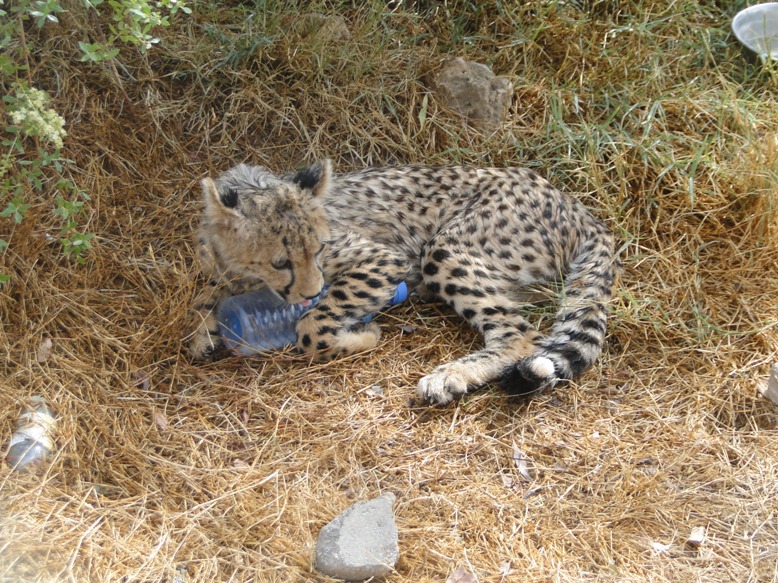

After finding out that there is evidence of wildlife trafficking on Facebook, what actions did you take to ban the trade in illegal wildlife on its platform? Are there more threats to these endangered species like this one?
Advertising and selling endangered species is in violation of social media policies, but the platforms do little to stop it. In the US, for example, where Facebook is headquartered, they are not legally liable for what people post on their platforms. There are people and organizations trying to change this, like the Alliance to Counter Crime Online (ACCO – www.counteringcrime.org). ACCO’s team, of which I am proud to be part of, includes experts in different kinds of illegal online activities, such as arms, drugs, human/child trafficking, antiquities, human body parts, and of course wildlife. We have been working to urge US legislators to revise the Federal Communications Act so that platforms take reasonable steps to stop unlawful behavior and be more transparent. After all, they make advertising money from what people post.
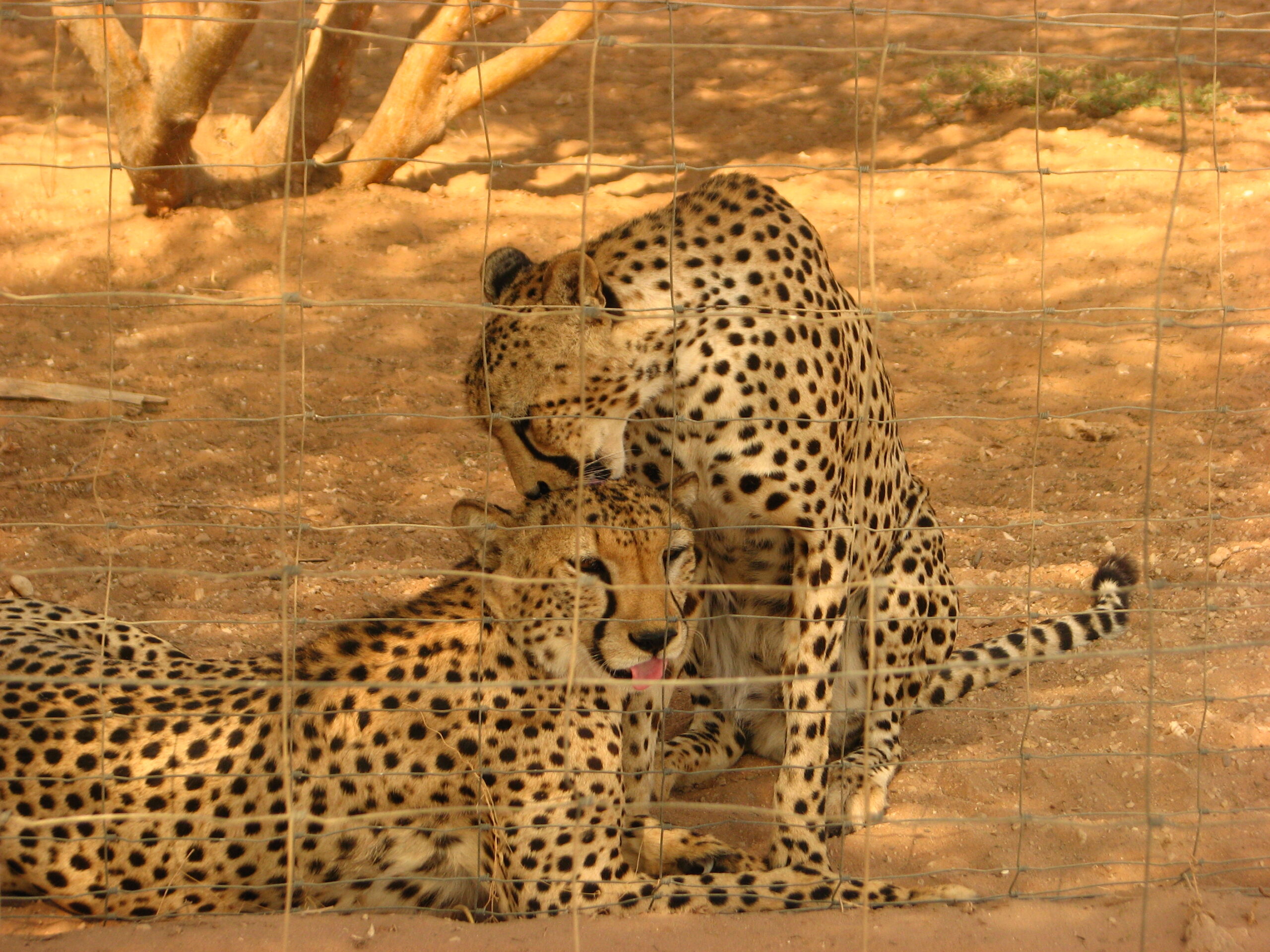
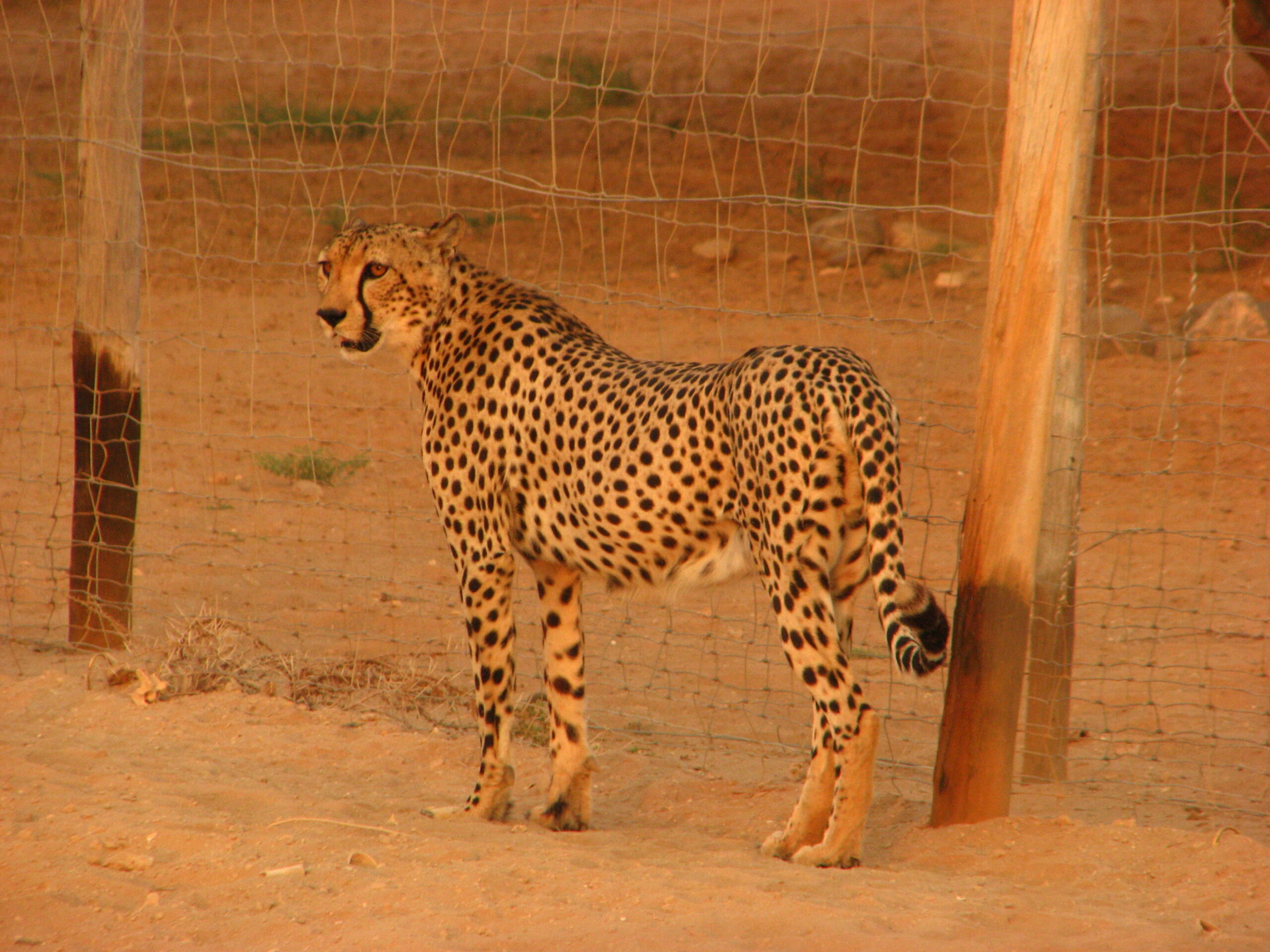
Cheetahs housed at the DECAN sanctuary in Djibouti after being rescued from the illegal wildlife trade in Somaliland. © Patricia Tricorache.
Along with research, you support cheetah conservation efforts as you are involved in combating wildlife trafficking in the Horn of Africa along with other conservations and are currently an illegal wildlife trafficking research associate at Colorado State University’s Natural Resource Ecology Laboratory. What advice would you give the youth to make efforts in saving the population of critically endangered cheetahs? Are there any programs you recommend they join?
The most important thing I can advice young people, or anyone, is to think twice before they react to posts on social media where animals are shown in unnatural ways, such as when they are displayed as pets or used as tourist attractions like selfies or cub petting. Every like or comment on these posts encourages animal abuse and illegal wildlife trade. Wildlife should be respected. National Geographic recently launched a campaign with the hashtag #ThinkBeforeYouLike. It would be great if youth around the world promoted this hashtag and educated friends and family about why it is their actions online matter.
I would also like to see our youth be more conscious about what they consume, and how. Everything we do, like what we eat, how we move from one point to another, what we wear, and how we use technology, affect our planet. And this is the only we have. We should avoid waste. Reuse things whenever possible or recycle if we must get rid of things.
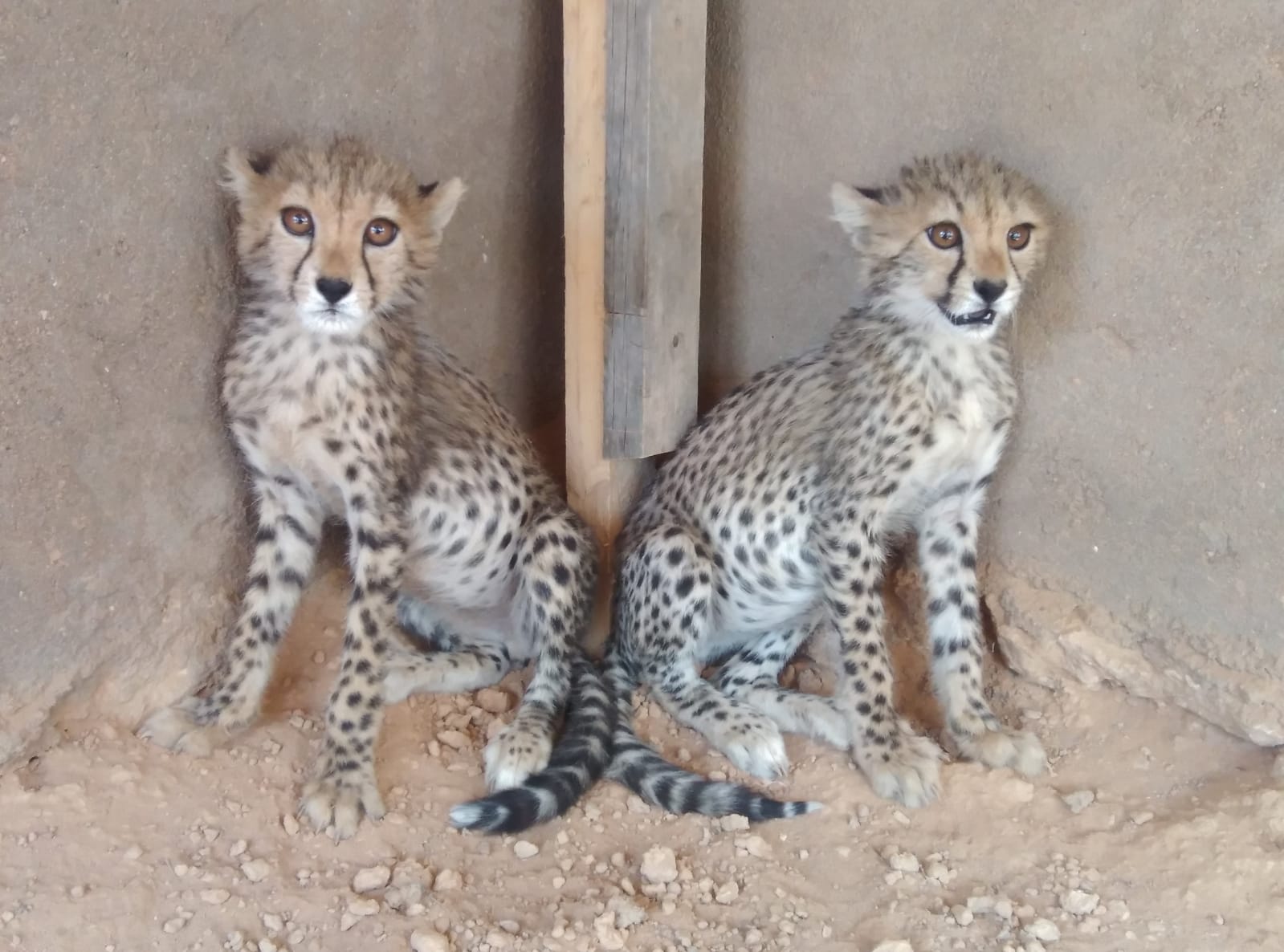
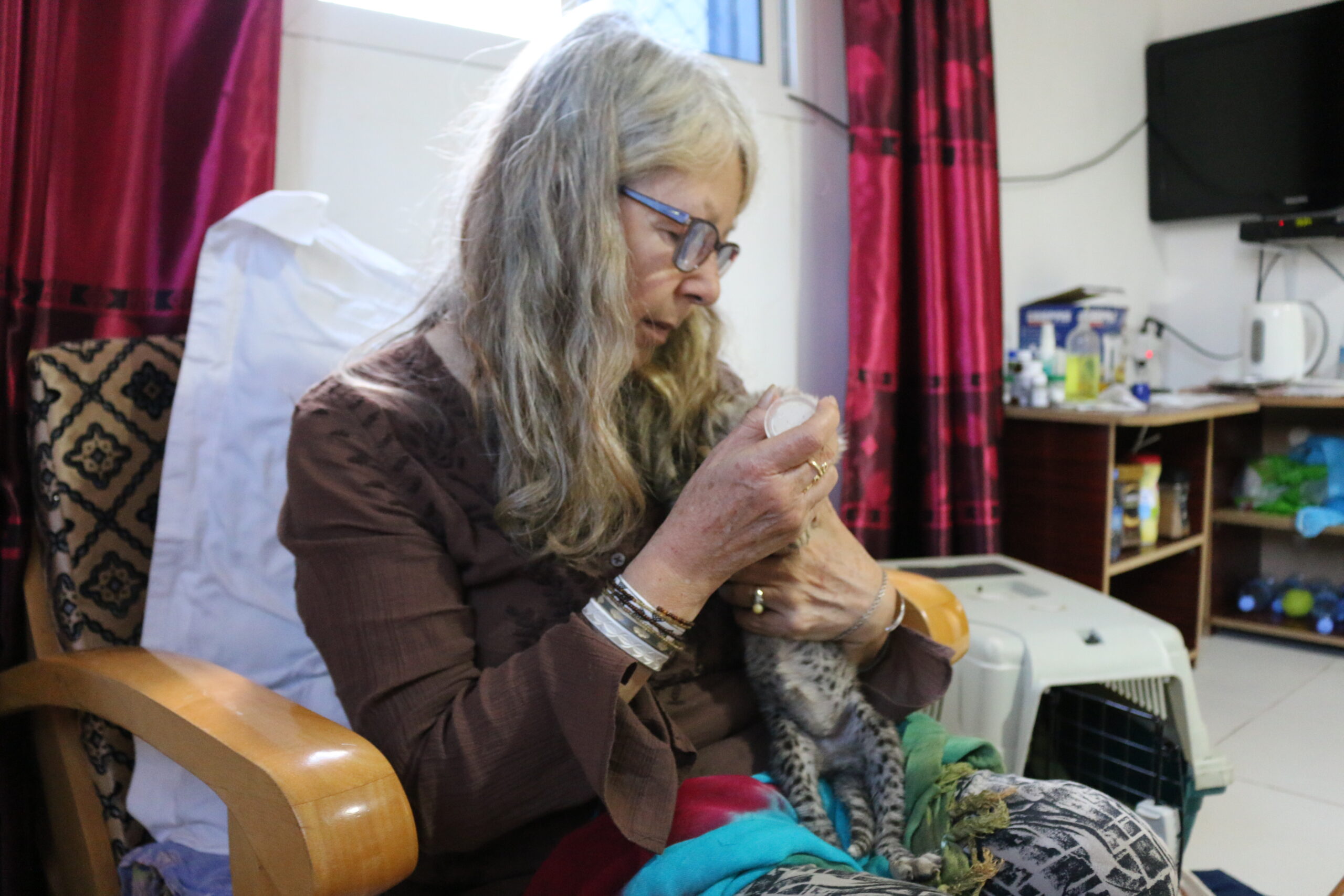
Across your years of working with big conservations including International Trade in Endangered Species of Wild Fauna and Flora and the cheetah conservation fund, what is a challenging encounter you’ve faced that you wish people following a similar path should know beforehand?
One thing I’ve learned during the 20 years I’ve dedicated to conservation is that very few people value Nature for the priceless services it provides, and it is very difficult to make them appreciate it. We use an endless number of natural products in our daily lives without even noticing it. Nearly everything we use daily, including our mobile phones, computers, cars, furniture, and medications, contain materials obtained from Nature, be it timber, minerals, plants or animal products. We need to consume less and reject wasteful actions. One of the most difficult things I’ve had to deal with over the years is convincing people of the fact that all natural resources have been exploited nearly to the point of no return. But there is still time to do something.
As an illegal wildlife trade expert, what do you think are the essential qualities needed to observe these big cats successfully?
Actually my work does not involve observing cheetahs in the wild, since my research is mostly online or talking to people. However, I have travelled extensively to wild places, and learned that finding wildlife is never guaranteed, so it is important to learn where they live, what their habitat looks like, their habits (are they diurnal or nocturnal), what kind of food they eat, etc. For example, you will not find a cheetah in a heavily wooded area, or at night. Cheetahs hunt by day and like open spaces. Only by knowing the animals’ natural history can we find them in the most likely places and at the most likely times.

Between 2010 and 2019, over 2,316 advertisements were found online offering nearly 2,300 cheetahs for sale. Instagram accounted for 75% of these advertisements.
In what way do cheetahs provide wisdom to human beings when displaying a solution-oriented, patient, and respectful mindset?
I should say that I did not choose cheetahs as my research subjects. I think they chose me. In fact, today my research includes great apes and other species traded illegally. In fact, my interests always leaned towards Nature as a whole.
For this reason, I will speak not just for cheetahs, but for all animals and things in nature. From the tiniest insect to the largest mammal, we have much to learn from them. Animals don’t waste anything, animals don’t kill for the sake of killing, and I’m sure many of humanity’s greatest and simplest ideas resulted from observing animals. Think of flying, building dams, or even learning that oysters are edible. There is much wisdom in nature, but sadly most humans have lost touch with it, as we get distracted with modern life gimmicks. For this reason, I believe that human beings are losing the fundamental qualities you mention in exchange for a desire to own material things or become famous on social media. I truly hope that your generation will have the presence of mind to go back to nature, and to take advantage of technology in a positive way. Technology is a double-edged sword. It can turn us into zombies, or it can make the world better. I firmly believe that when used properly, technology can have many advantages, like making the planet cleaner, and especially, allowing us to enjoy more free time to go back to respecting and learning from Nature.
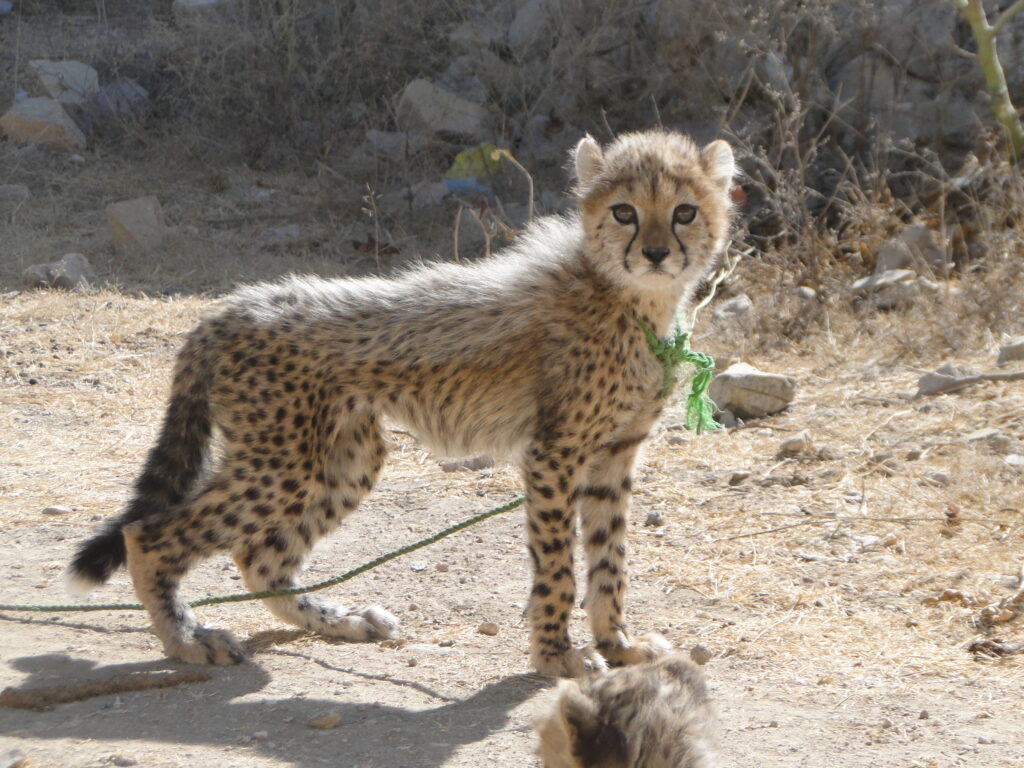
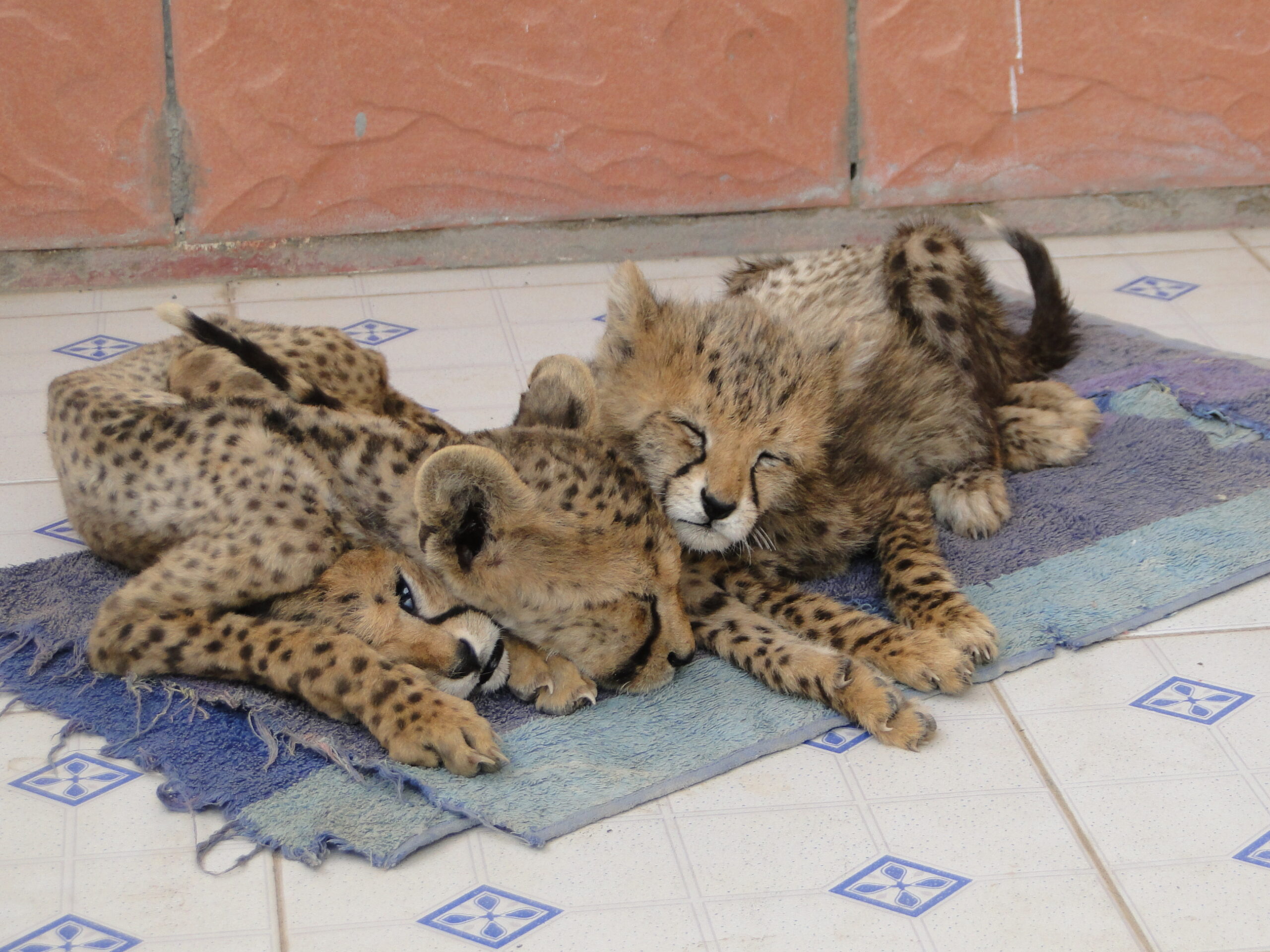
What challenges did you encounter throughout your years of research as an illegal wildlife trade expert?
I would need more than a day to give you examples. There are many challenges in conservation. The first one is funding. There is so much competition for funding because there are so many threats to our planet; climate change, overpopulation, wildlife losing habitat and prey, desertification, and many more. When it comes to illegal wildlife trade, it is important to emphasize that most trafficked species are sourced from countries that are facing issues like poverty, political unrest, and corruption, while the countries that consume trafficked species are generally wealthy or in more stable situations.
